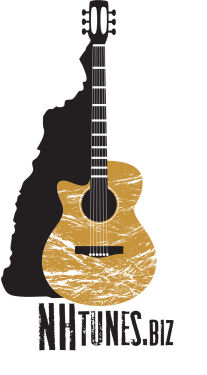This question comes up all the time: “If I want to record, mix and/or produce music, should I learn an instrument?” The resounding answer is YES! There are so many invaluable benefits of musicianship that will help you to craft great sounding mixes. I’ll go on a limb and say that I don’t understand how someone, without this background, can create well balanced mixes (I am sure there are some examples, but I bet most mixing engineers are also musicians themselves).
Here are three important benefits of learning an instrument that will help those to record and produce better mixes:
1) Ear Training
Training your ear to ‘hear’ music is a natural process that occurs as you become proficient at an instrument. It doesn’t happen overnight, but in time, and with steady practice and progress, it will. Your ability to discern different frequencies intensifies. You’re better able to isolate different elements of a mix. You’ll change from hearing music as coming from one big ‘pipe’, to all of the individual instruments.
I’ve listened to music that I hadn’t heard since before I started playing and I couldn’t believe it was the same song! I could literally hear everything! This ability to hear all elements of a mix will help you to place your instruments in a manner that will better support a well-balanced mix – both frequency and dynamic balance.
2) Music Theory
As an engineer and producer, understanding music theory is invaluable. Starting with the basics, to provide any type of useful input when asked, you’ll need to understand song structure, keys, and progressions. Understanding keys and time signatures is also necessary to use many modern processing tools. For example, in order to use auto tune, you need to set the plug-in to the correct song key so it knows which notes to correct to (not doing so results in a very poor auto-tune job). In order to use the sync function on a digital delay, you need to understand the difference between music notes – whole, half, quarter, etc. Knowing music theory basics, and ‘speaking the language of music’ leads to both a smoother session, and better end results.
3) Respect
As the engineer, inevitably the band will ask for your input. Being a seasoned musician, I’m ready to give it – be it “it sounds great as is”, or “maybe try this”. If you expertly demonstrate to them a possible change, it builds an immediate level of respect. It’s not about “showing off”, it’s about competently demonstrating something that may make their song a better one. You’re working with them, and instantly become a valuable team member. And with that, the client now feels that “he knows what he’s doing” feeling, and hopefully rightly so. This respect only comes from being a competent musician.
So, if you’re looking to better your recording, mixing, and/or production skills, and don’t yet play an instrument, strongly consider learning to do so! Although it takes time, effort, and dedication, learning piano, guitar, or another instrument is without-a-doubt the BEST way to bring your recording, mixing, and production skills to the next level. Start your piano or guitar lessons today!

